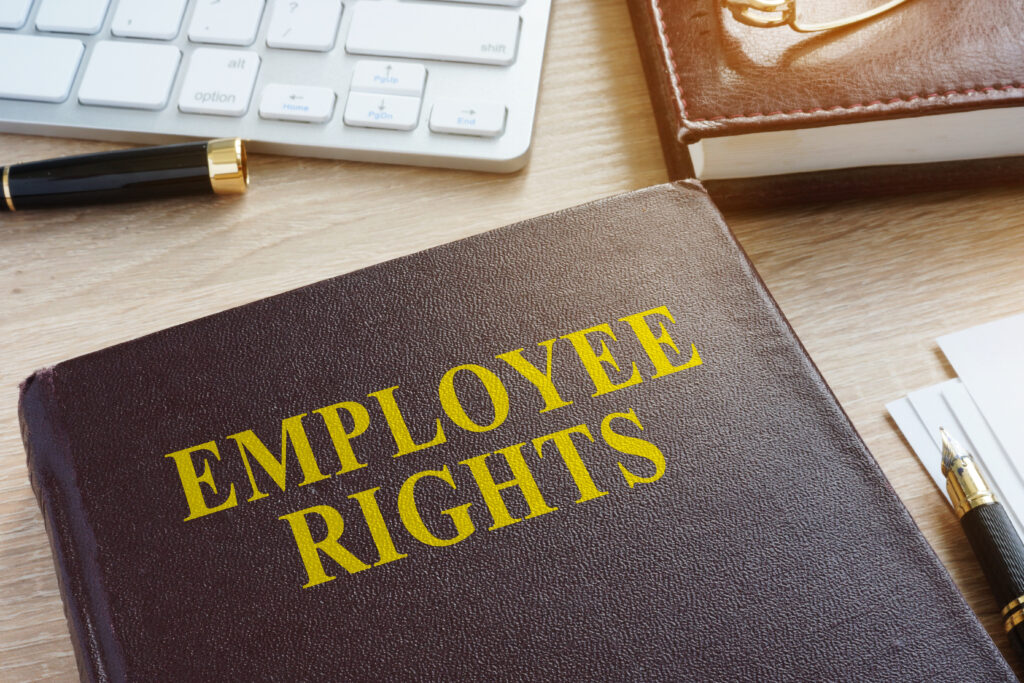Our Private Client specialists answer the most commonly asked questions on Grants of Probate.
What is a Grant of Probate?
A legal document that confirms an Executor’s authority to deal with the assets in a deceased’s estate. This allows the executor to close the deceased’s bank accounts, sell his property and pay his debts and expenses of the administration of his estate.
Can a Grant of Probate be obtained when there is no Will?
No. When there is no Will, or no valid Will, an application for a grant for Letters of Administration must be made to the Probate Registry. This application will be made by the people entitled to act as the Personal Representatives of the deceased’s estate. Unlike an Executor, a Personal Representative takes their authority to administer the estate from the Letters of Administration, not the Will. For further information on applying for Letters of Administration and to find out who qualifies to act as a Personal Representative, please contact the Private Client department.
Who can be an Executor?
Executors are appointed in a valid Will. To be an Executor, a person cannot be a minor, and must have mental capacity. An Executor can also be a Beneficiary under the Will.
I have been appointed as Executor but I don’t want this role, it is too much of a responsibility, what can I do?
It is possible for an executor to renounce Probate if certain conditions are met and they have not begun administering the estate or acting as an Executor however this means that you will lose your position as Executor and your control over the administration of the estate. An alternative is to remain acting as an Executor but to appoint us to act on your behalf and guide you through the process.
What happens if one of the executors of a Will doesn’t have mental capacity?
The other named Executors of the Will would be able to act instead. If there is only one Executor appointed then an application can be made for a Grant of Representation to act for the use and benefit of the person who lacks capacity. This is a complex application and may require the permission of the Court of Protection.
What happens if you can’t find the original Will but hold a good copy?
The Probate Registry usually insists on an original Will before issuing a grant of probate. However, it is possible to apply for a grant using a copy will, but this involves making a separate application to the Registry. The Registry will require detailed evidence which can be difficult to obtain. We have made successful applications to prove copy Wills so contact us if you would like to know more.
What happens if there is an error in the Will?
It depends on the type of error made. The courts only really have the power to rectify an error that is clerical in nature (misspelling of names for example, clear cases of missed words). Errors relating to the thoughts and intentions of the person who made the Will cannot be rectified. For example, if a testator mistakenly leaves out a beneficiary who they intended to benefit in their Will, the Will cannot be altered. If you believe there is an error in a Will and would like to make an application for rectification, please contact us.
How do we pay for inheritance tax before we have access to the Estate funds? Do we have to take out a loan?
If due, Inheritance Tax must generally be paid before you receive a Grant of Representation. Taking out a loan is one option to pay the bill. For certain assets such as property, it may be possible to pay the tax relating to those assets in 10 annual instalments. Fortunately, most banks have made an arrangement with the Revenue that they will release funds from the deceased’s accounts directly to the Revenue to allow payment of Inheritance tax before the Grant is issued.
Do you always need a Grant of Probate to take control of the deceased’s assets?
If you are acting as an Executor you do not always need a Grant of probate to gain control of the deceased’s assets. Small estates (up to the value of £25,000) can usually be dealt with without a grant. Also, assets owned jointly pass to the surviving co-owner automatically, under a concept known as Survivorship. This means that often a married couple who has mostly jointly held assets will not need a grant unless the deceased held assets in their sole name above the value of £25,000. Some banks can be very flexible and allow Executors to sign a small estates declaration form however every bank and asset holder has different rules and limitations to what can be done without a Grant of Probate.
Do we need to open an Executors account?
This will depend on the complexity of the administration and how many beneficiaries there are. One of the many benefits to instructing us to act on your behalf is that we can use the firm’s client account to collect in the assets. This can save the often difficult process of opening an executor’s account. We would always advise when acting as an Executor to keep your funds separate from the estate funds until the administration has completed.
How long does it take to obtain probate?
The process of obtaining a grant should take around 3-5 weeks, if there are no complications and no inheritance tax to pay. The process of administering the estate can take on average 6-9 months and up to 80 working hours, depending on the complexity of the estate. Contact us and we can save you the time and hassle.









